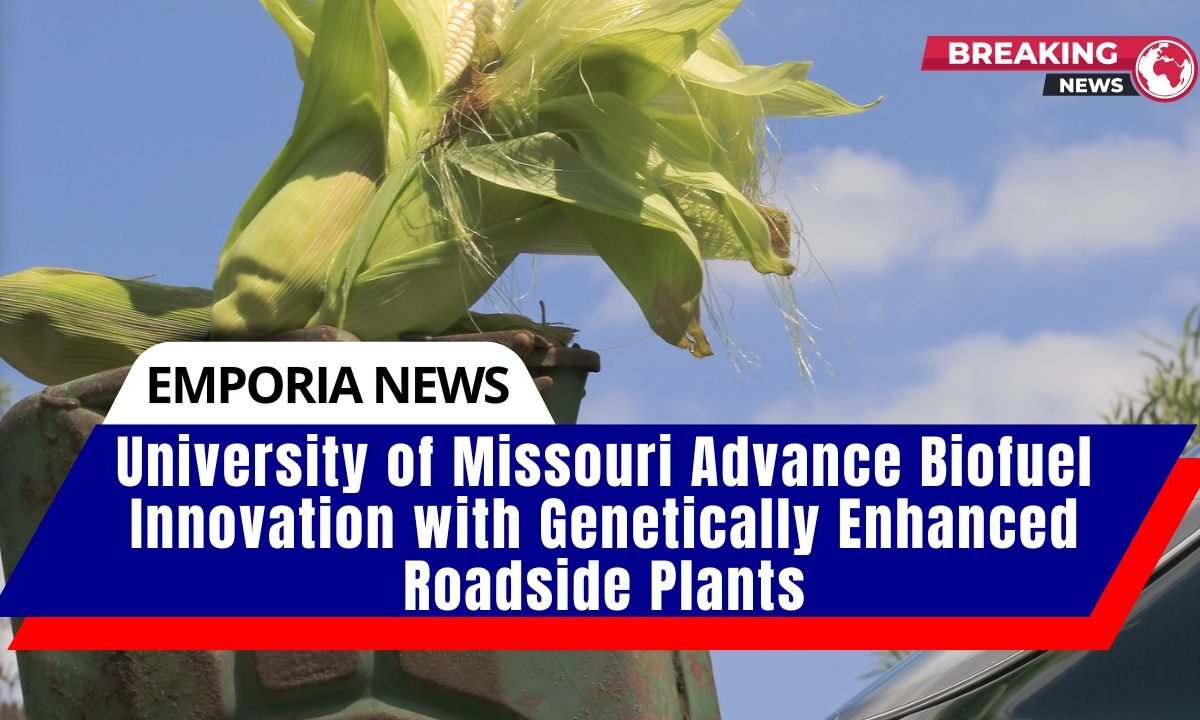Researchers at the University of Missouri have made a significant stride toward sustainable biofuel production by genetically modifying plants to yield higher levels of oil and protein. This development promises a cleaner energy source without disrupting the food supply chain.
Arabidopsis: The Ideal Test Subject
Biochemistry professor Jay Thelen led the initiative using arabidopsis, a mustard plant species widely recognized in the scientific community.
Chosen for its short growth cycle of 6–8 weeks and well-documented genetic traits, arabidopsis serves as a perfect model for oilseed biology experiments.
“It’s the first plant genome ever sequenced, and there are ample genetic resources like gene knockouts available,” Thelen explained.
Higher Oil and Protein for Cleaner Energy
Thelen’s team discovered a method to simultaneously enhance oil and protein production in plants by targeting their metabolic pathways.
This genetic engineering paves the way for more efficient biofuels, which could reduce dependency on fossil fuels—the leading source of global greenhouse gas emissions.
“Plant oils are a key component of bioenergy,” Thelen emphasized.
One of the major environmental benefits? Unlike fossil fuels that take millions of years to form, plant-based oils capture and release carbon dioxide in the span of a few months, offering net-zero emissions.
Alternative to Food-Based Biofuels
Unlike ethanol, which relies on corn—a critical food crop—arabidopsis and similar plants do not compete for food space and can be grown year-round, even outside the typical growing season.
To expand the application, the research is extending to plants like camelina and pennycress, which are more suited to large-scale biofuel production.
The Value of Fundamental Research
Thelen highlights the importance of basic science in achieving real-world applications:
“Basic discoveries are essential. They lay the foundation for applied science that can bring solutions to real-world energy challenges.”
This research by the University of Missouri marks a transformative step in biofuel innovation, offering a sustainable and efficient alternative to fossil fuels.
With genetically enhanced plants like arabidopsis, scientists are creating cleaner energy sources without sacrificing the food supply, moving us closer to a greener future.




